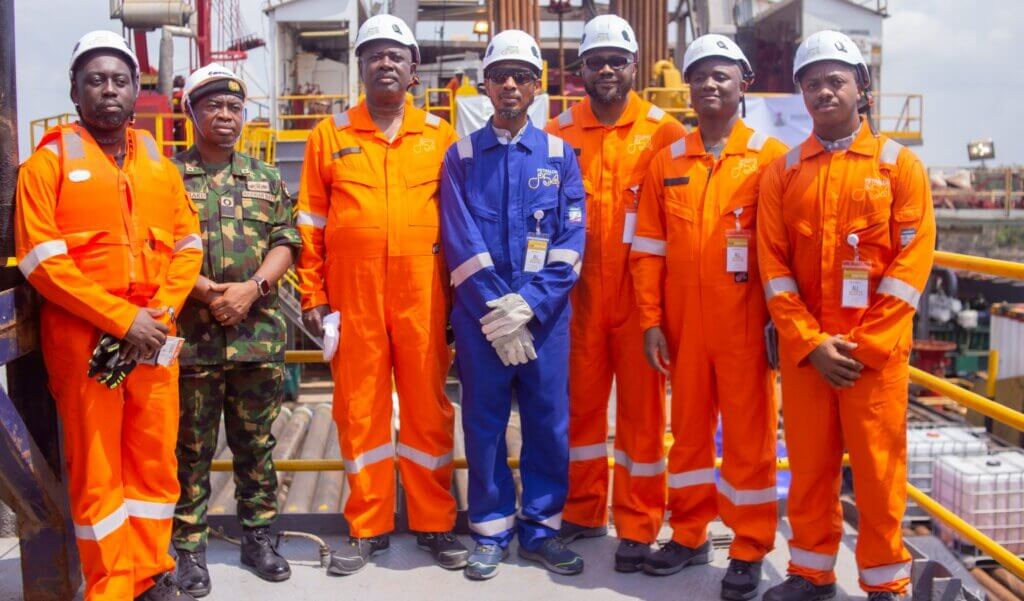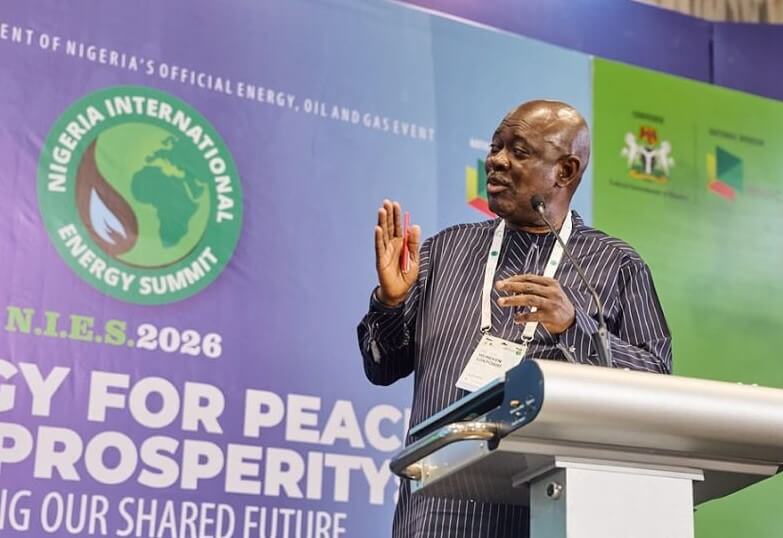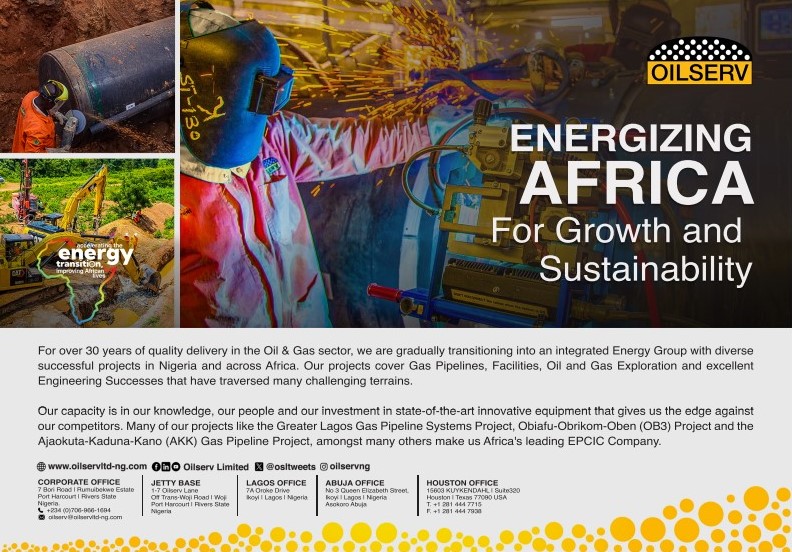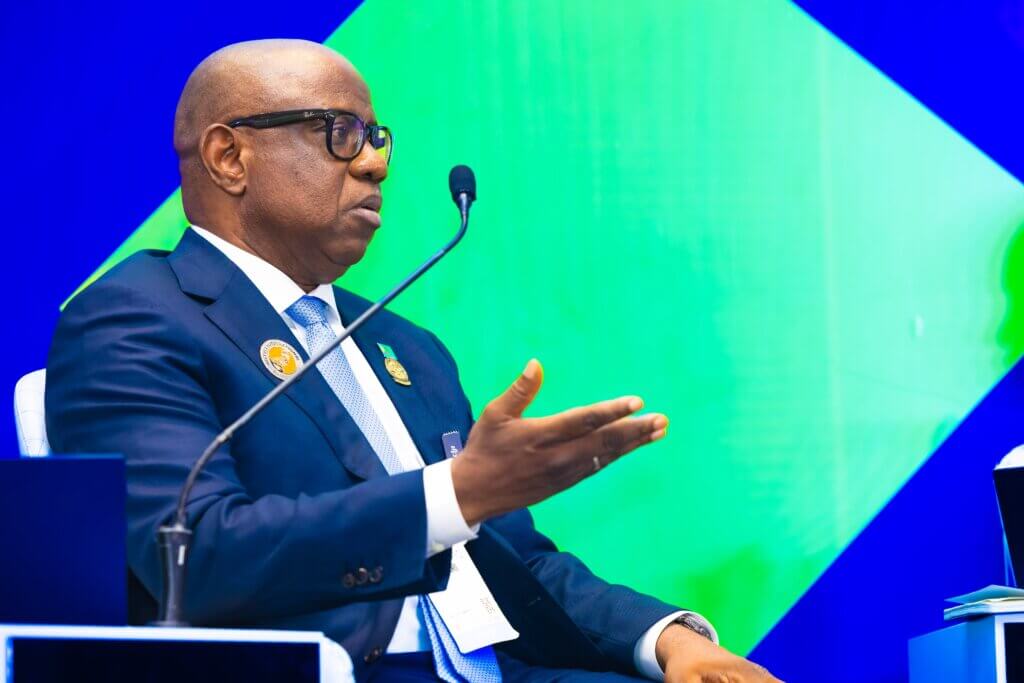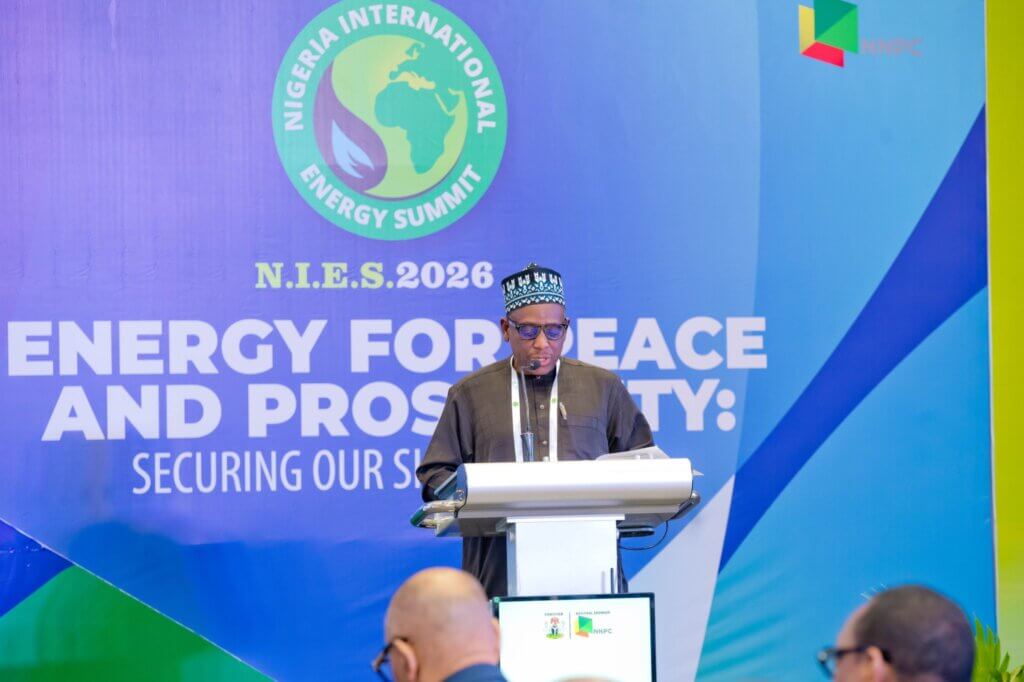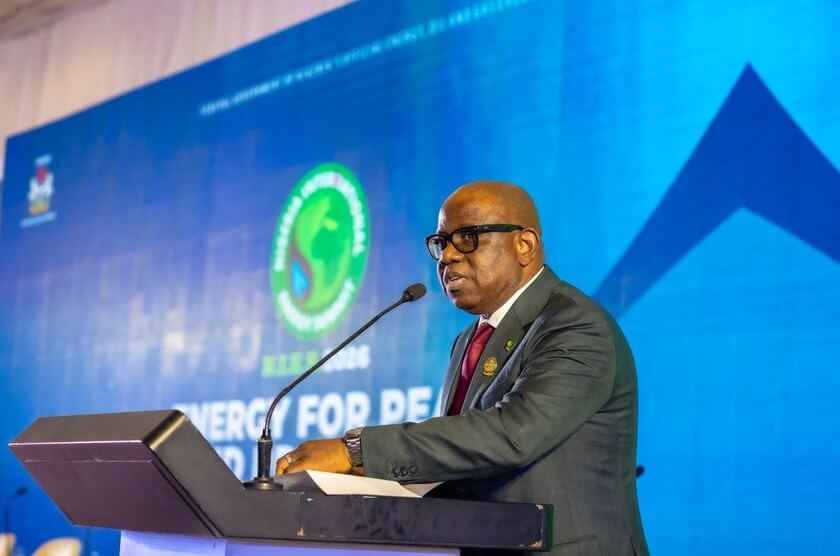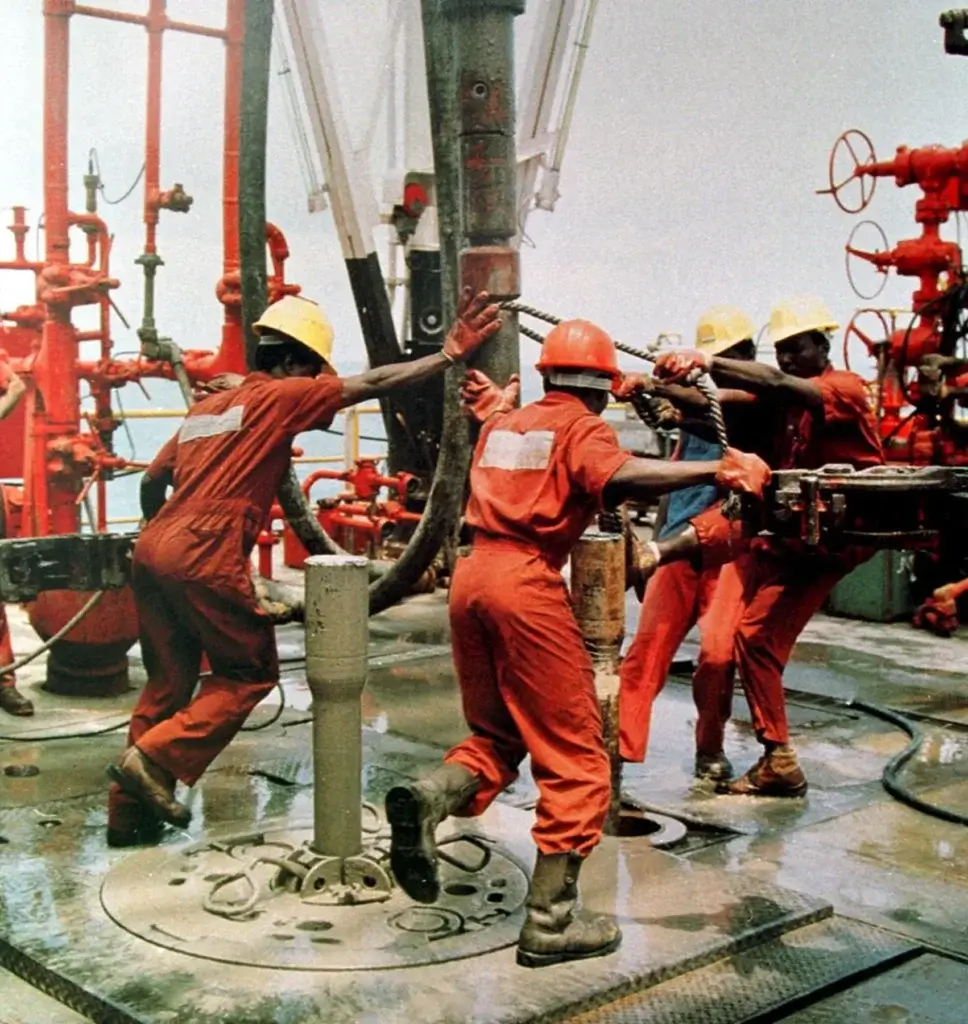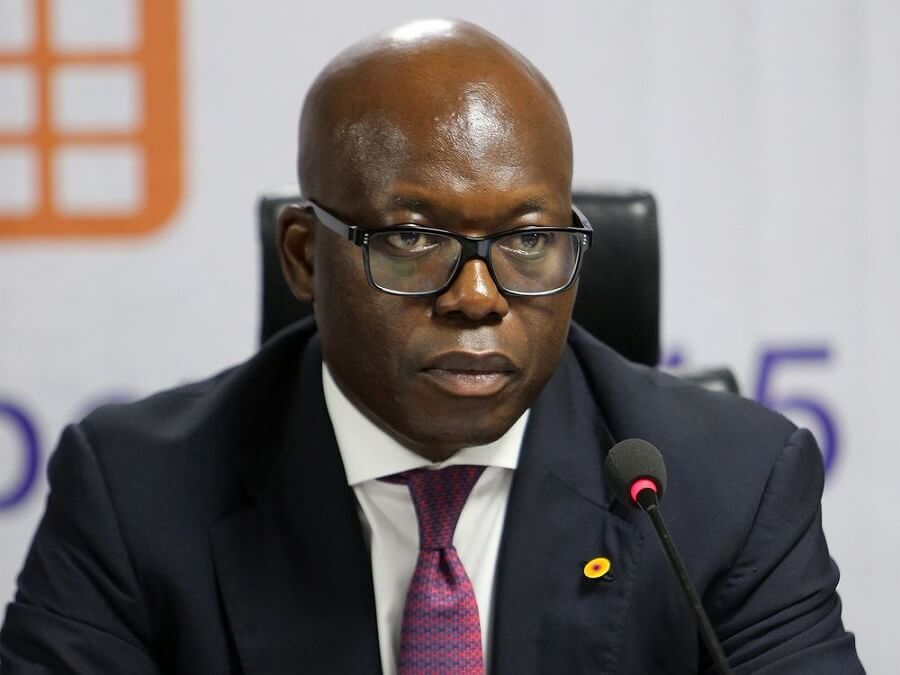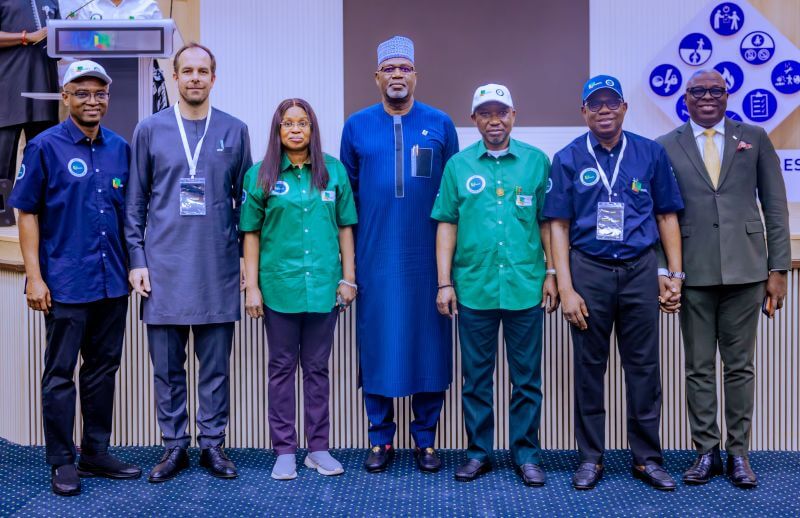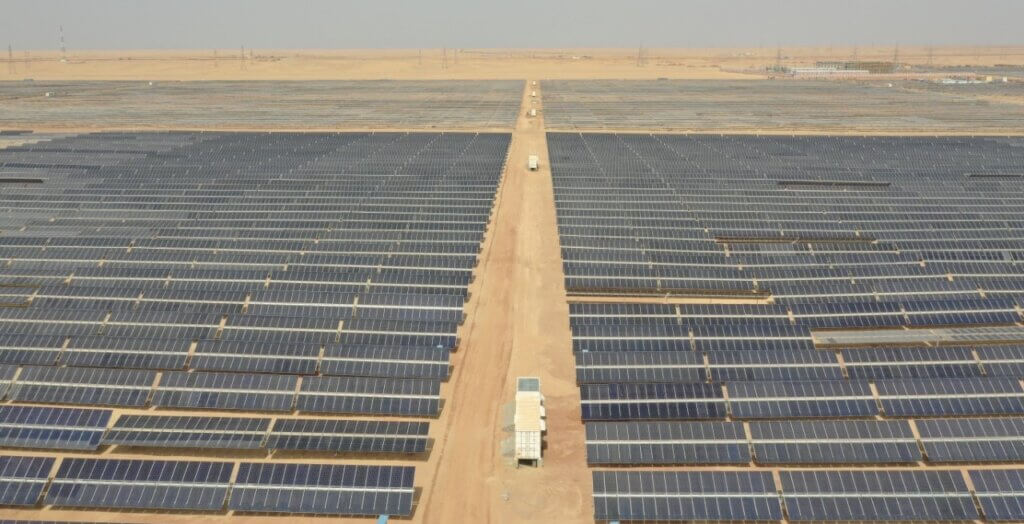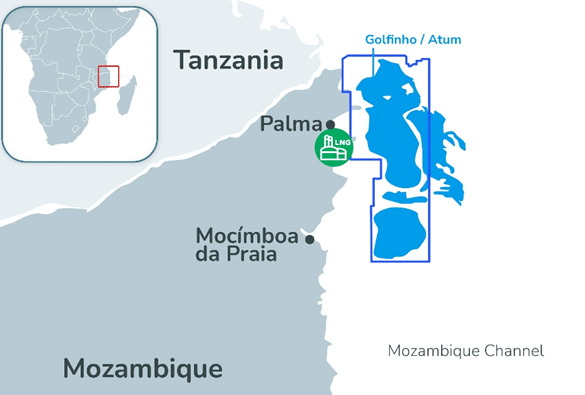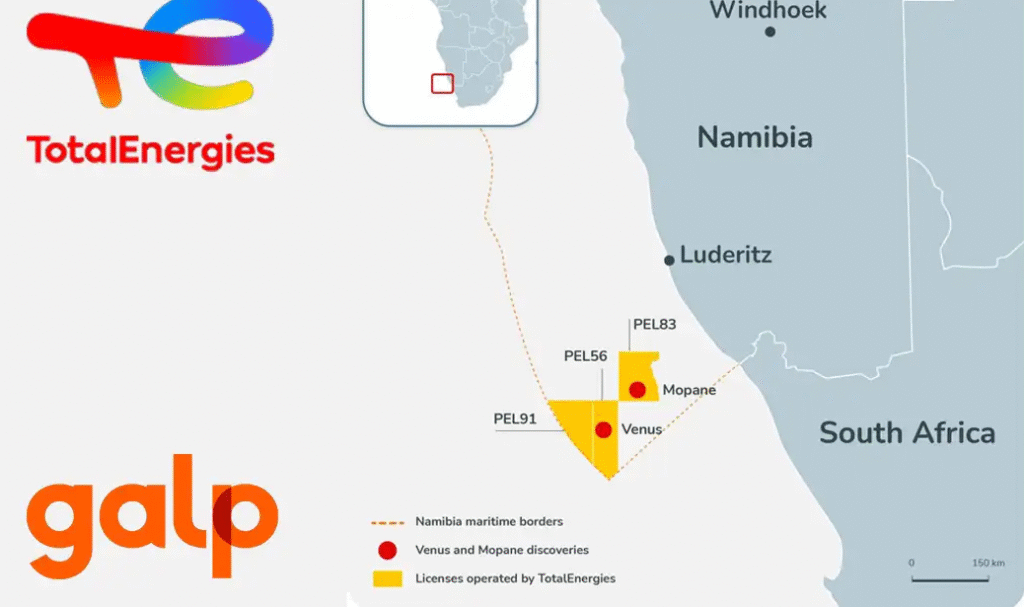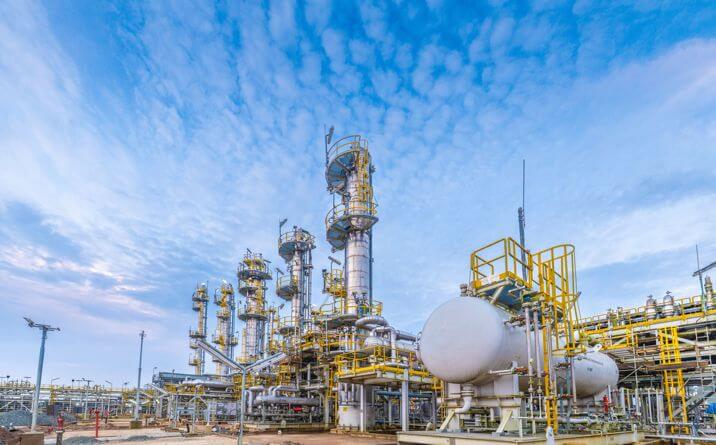- By NJ Ayuk, Executive Chairman, African Energy Chamber
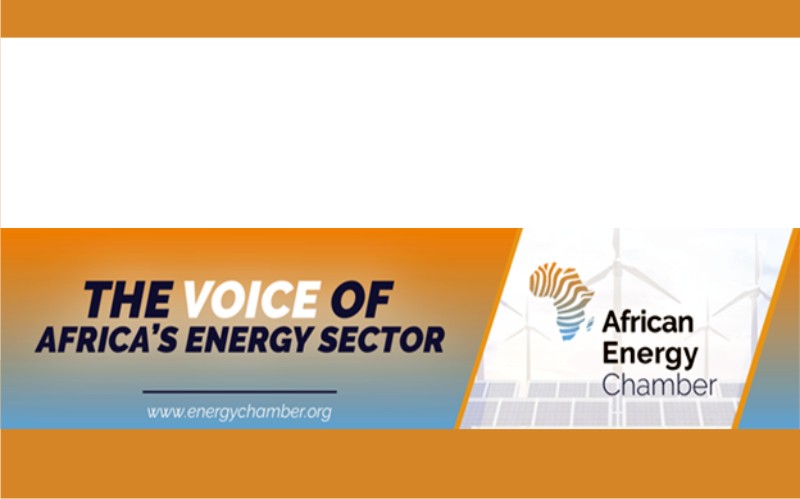
About a year ago, before COP27 began in Egypt, Fiona Harvey and Matthew Taylor wrote in an opinion piece for The Guardian that it was time for gas exploration in Africa to stop.
“Africa must embrace renewable energy, and forgo exploration of its potentially lucrative gas deposits to stave off climate disaster and bring access to clean energy to the hundreds of millions who lack it, leading experts on the continent have said,” they wrote.
This is hardly new. For several years now, wealthy nations and environmental organizations have been strong-arming African countries to leave their petroleum assets in the ground.
The stance of the African Energy Chamber has been consistent: Yes, African oil and gas-producing countries should and will do their part to support global emissions-reduction goals. Yes, the dangers of climate change should be taken seriously.
However, we refuse to let the world set the timing for when Africa will ease up on oil and gas exploration and production. We are convinced that oil and gas production, when managed strategically, provides a pathway for economic growth and energy security, and we are determined to help Africa realize those benefits.
This is the message we’re bringing to COP28: African countries have every right to set the timing for their energy transitions. And like nations around the world, African states will be exercising those rights.

Africa’s Miniscule Contribution
The world must understand that African countries cannot be on the same energy transition timeline as Western countries. Africa still needs time – time that the Western world has already had and, frankly continues to milk – to resolve energy poverty and industrialize.
Let’s first address the proverbial elephant in the room: When it comes to global emissions, Africa is NOT the problem.
In 2021, global CO2 emissions hit 37.12 billion tonnes. China ranked first in contributing 11.47 billion tonnes; the entire continent of Africa contributed 1.45 billion tonnes, only 4% of global carbon emissions. In fact, over the last two decades, Africa’s total contribution to global greenhouse gas emissions has never been above 4% — by far the smallest share in all the world. Africa has the lowest per-capital emissions of all continents, averaging 1 tonne of CO2 emitted annually by each individual. The average American emits as much CO2 in one month as the average African does in an entire year.
And yet, Africa is disproportionately being punished for the climate catastrophe that, let’s be honest, was initiated and is perpetuated by Western and developed economies.
“The story of Africa or the developing world is not really an energy transition story, it’s a development story,” Andrew Kamau with the Center on Global Energy Policy at Columbia University said in a recent interview with Energy Intelligence.
“You hear a lot about all these technologies that are being developed, but where are they at scale?” Kamau asked. “And has somebody industrialized using wind and solar only? I don’t know. We wait to see if it’s possible.”
Kamau also questioned where all the international funding is. The West has made grand financial promises, but the level of support truly needed to undertake a transition to renewables at the pace dictated by the West has yet to materialize.
Using the Resources at Our Feet
While we at the African Energy Chamber agree that it’s important to develop affordable and sustainable green technologies to supply our energy, we strongly disagree with being pigeonholed into accepting the West’s one-size-fits-all timeline.






















